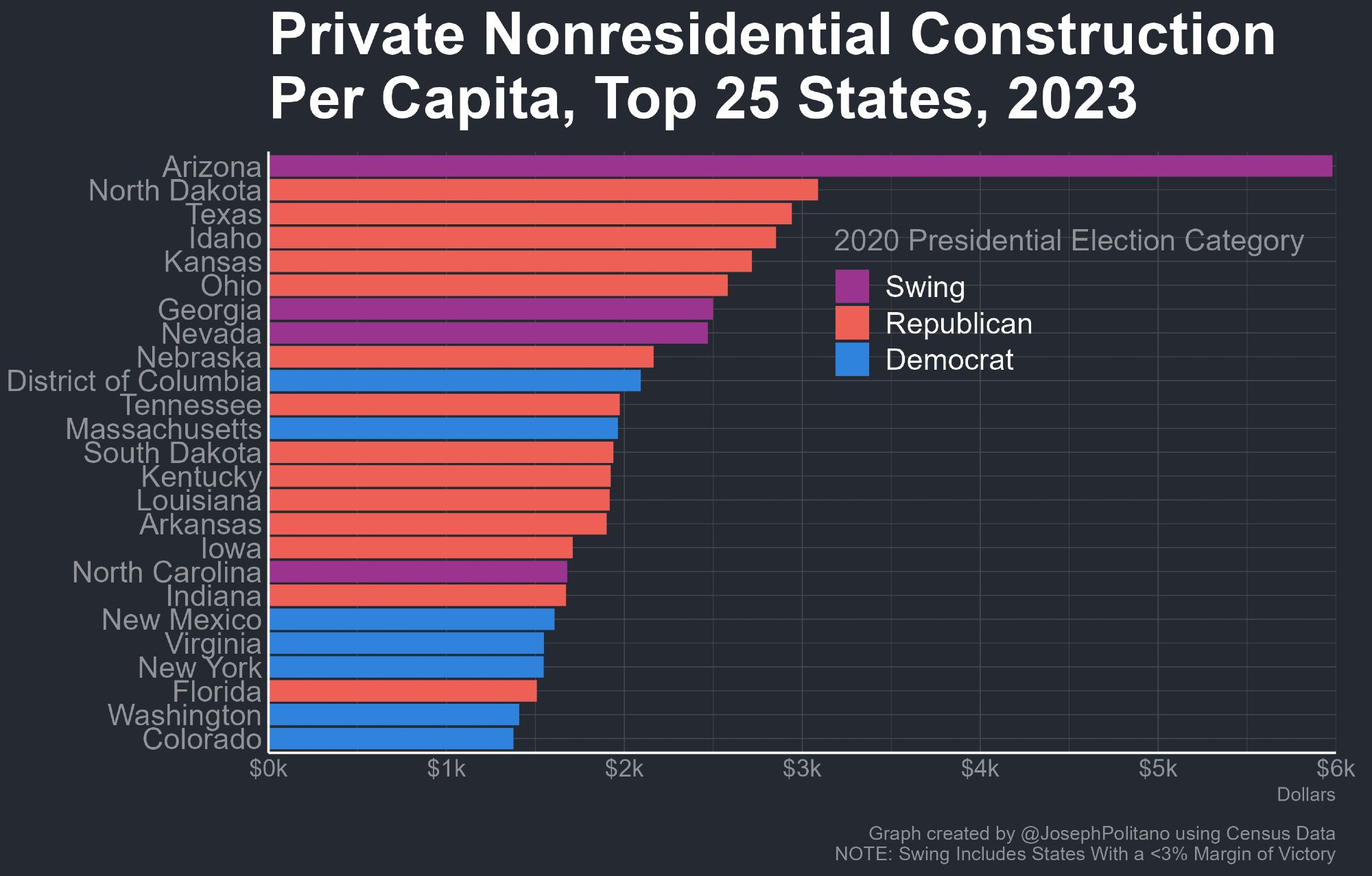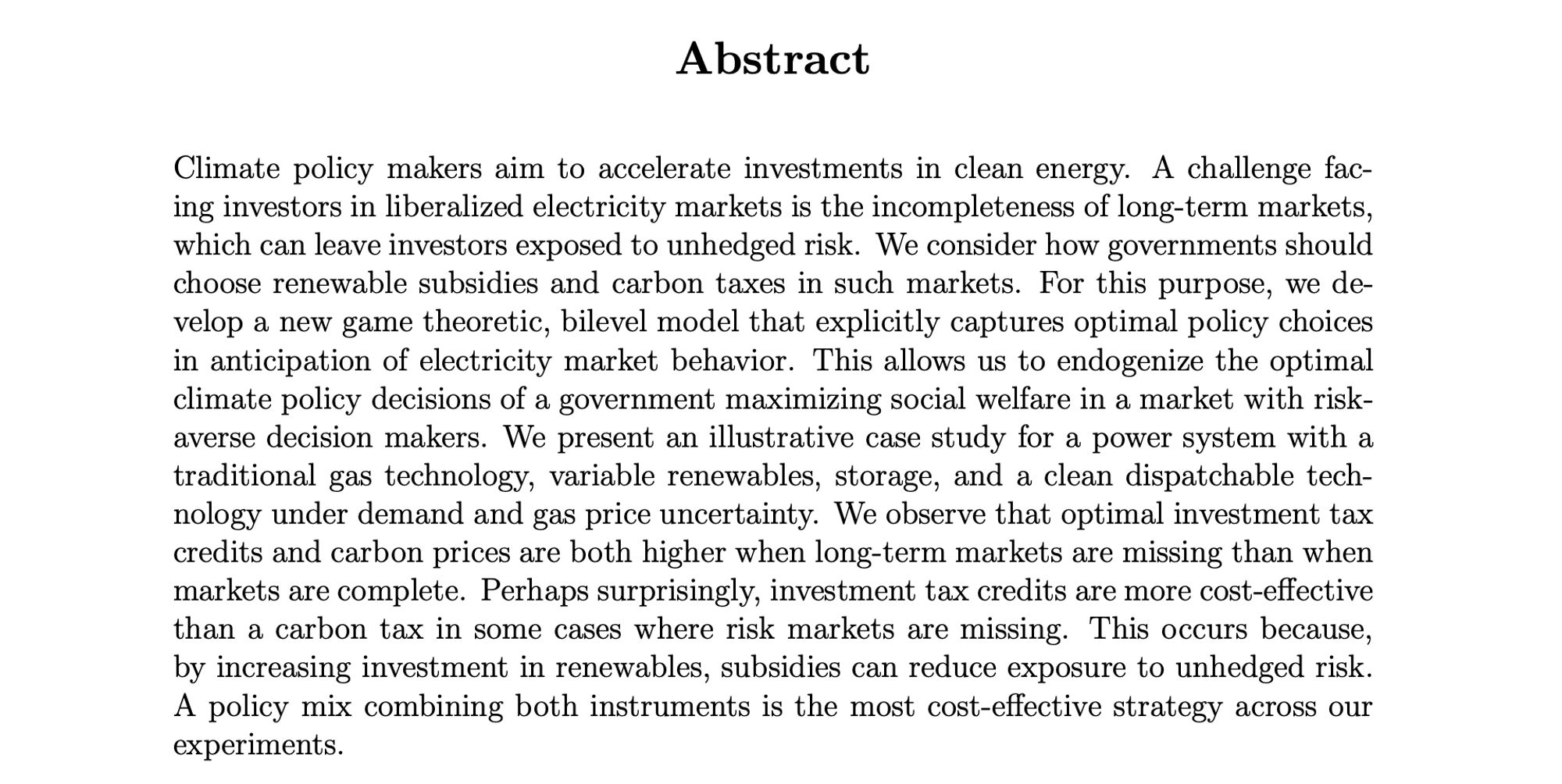In the short term, we need to be mindful that the distortions caused by the inadequacies of PPA markets can slow down decarbonization. A practical near-term remedy is to strengthen existing incentives for clean energy, as we show in another recent work (preprint below). bsky.app/profile/emil...
If you are interested in higher education #climateaction#decarbonization#edusky#academicsky#geothermal#heatpumps
A high carbon tax to fund decarbonization and climate reparations would be so much simpler and more effective
Nordex Electrolyzers is launching the H2OP project in Navarre, Spain, to enhance #greenhydrogen#decarbonization#HydrogenNow#FuelCells#CleanEnergy#H2t.co/PiI1N8ufPh
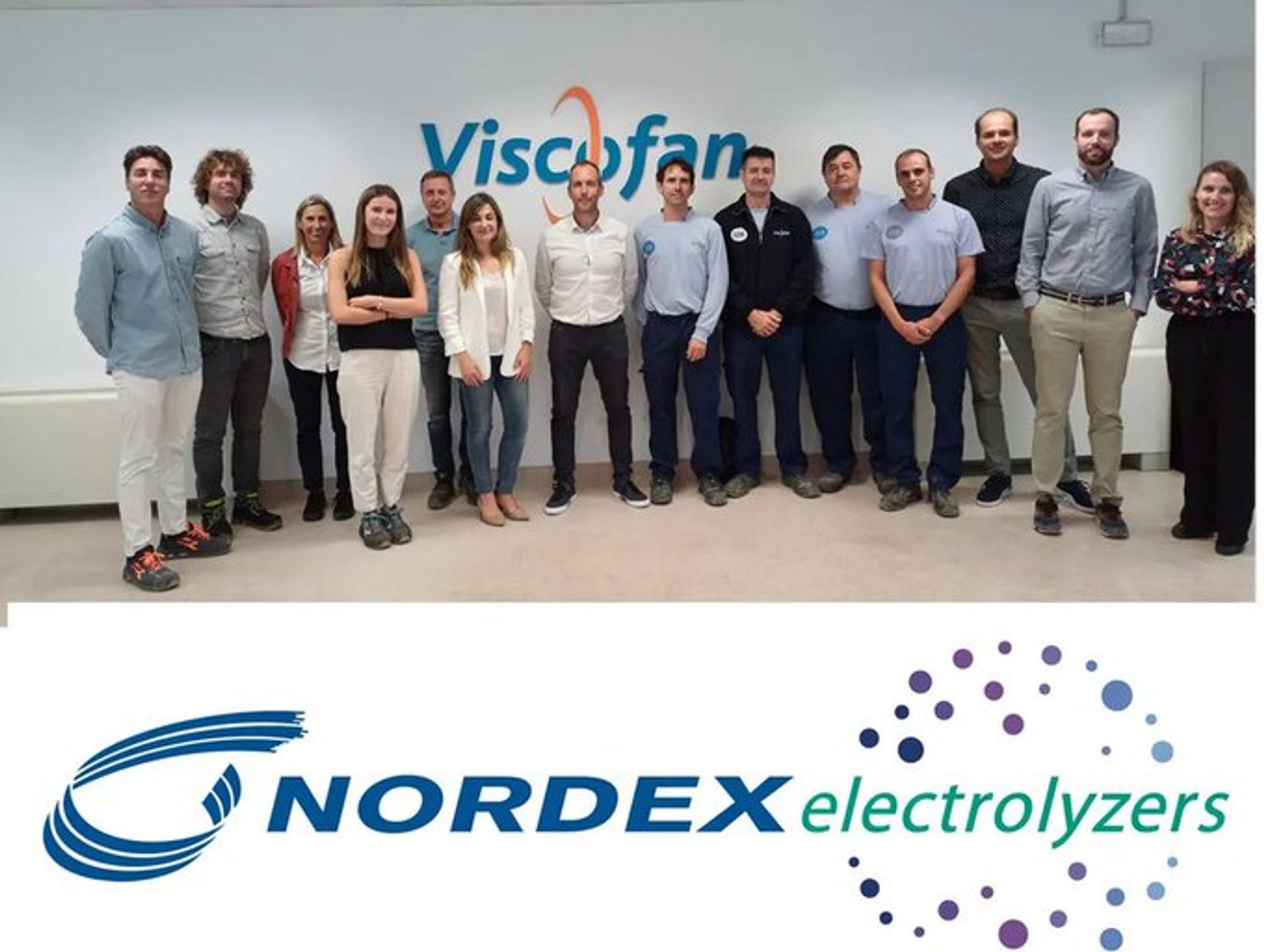
Hyzon begins production of its 200kW #hydrogen#fuelcell#zeroemission#HydrogenNow#FuelCells#H2#Decarbonisefcw.sh/GGgCT5
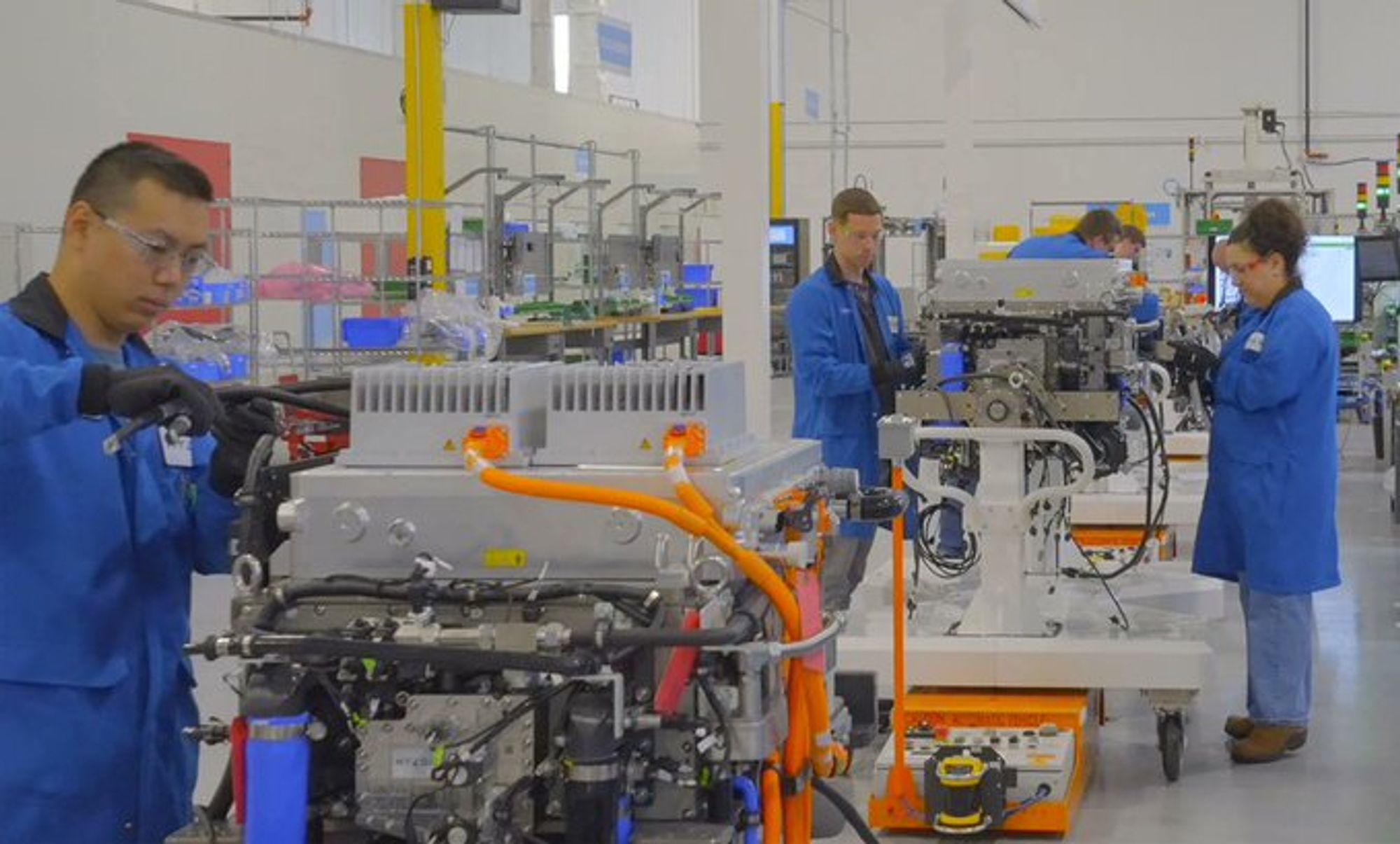
Iron & steel is in sore need of a major decarbonization push. Solutions exist, with e.g. Stegra showing the way for green hydrogen and Boston Metal & Electra for iron ore electrolysis. Check out my mini business school case study in today's @financialtimes.comwww.ft.com/content/5d48...
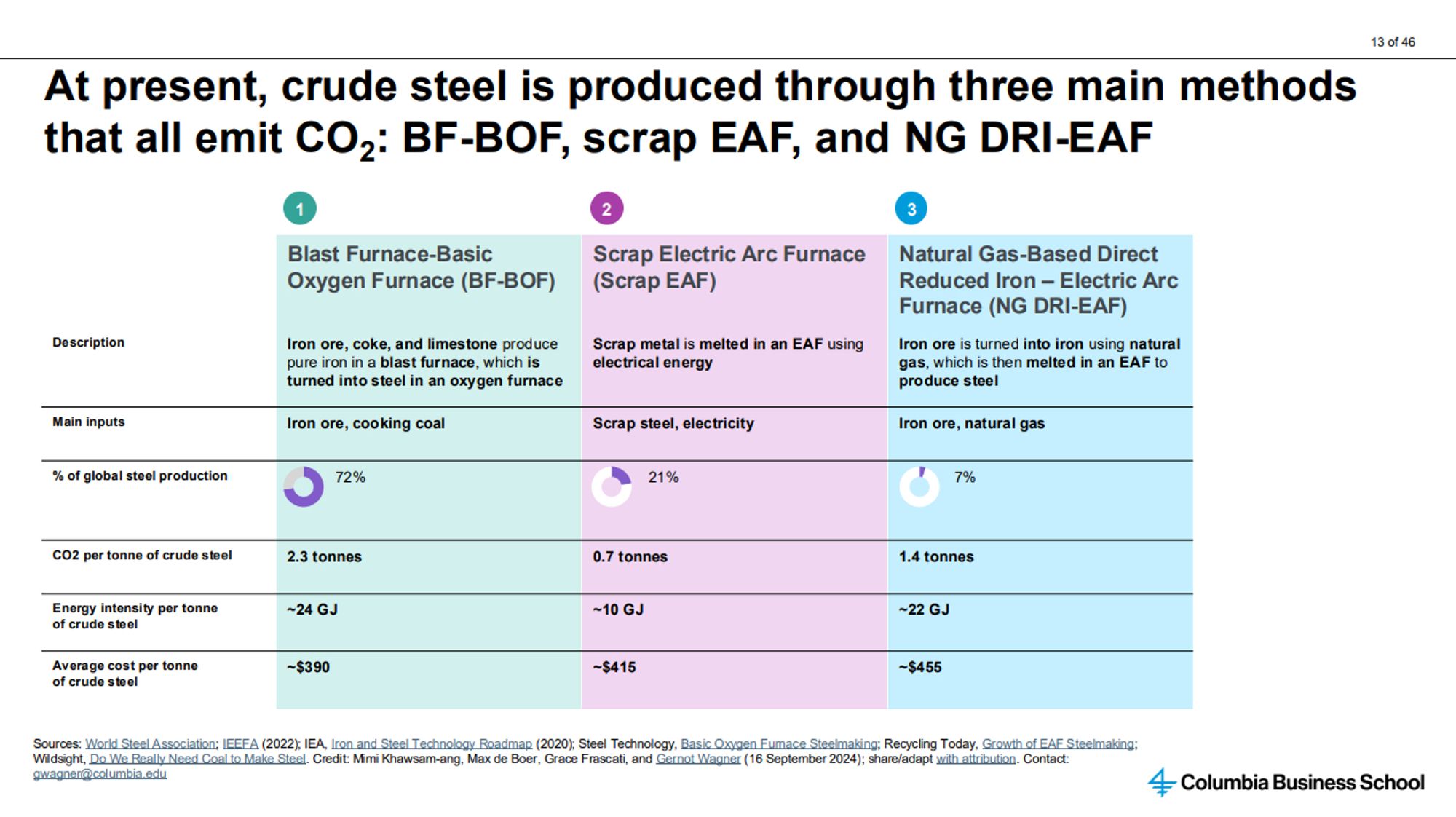
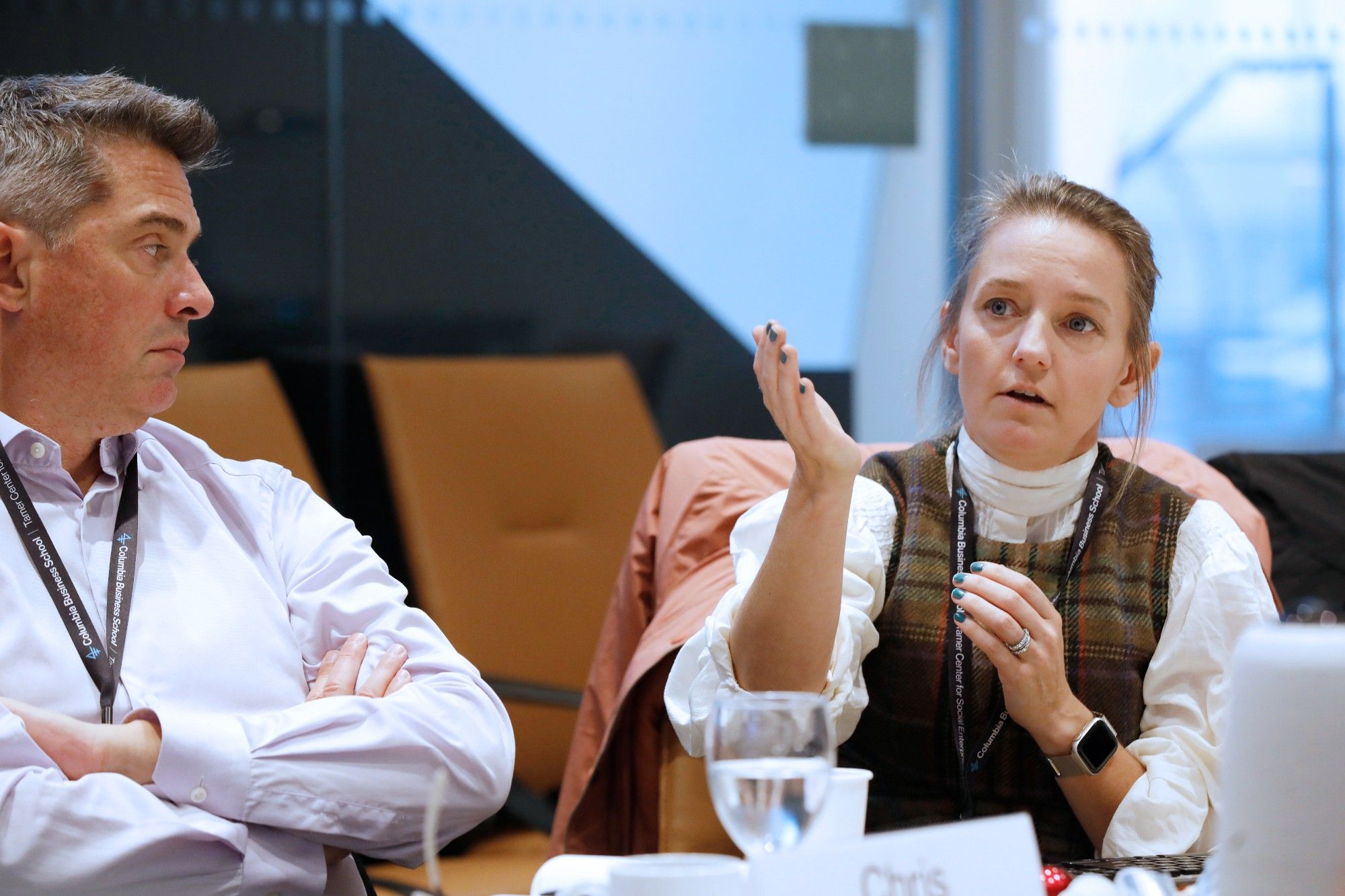
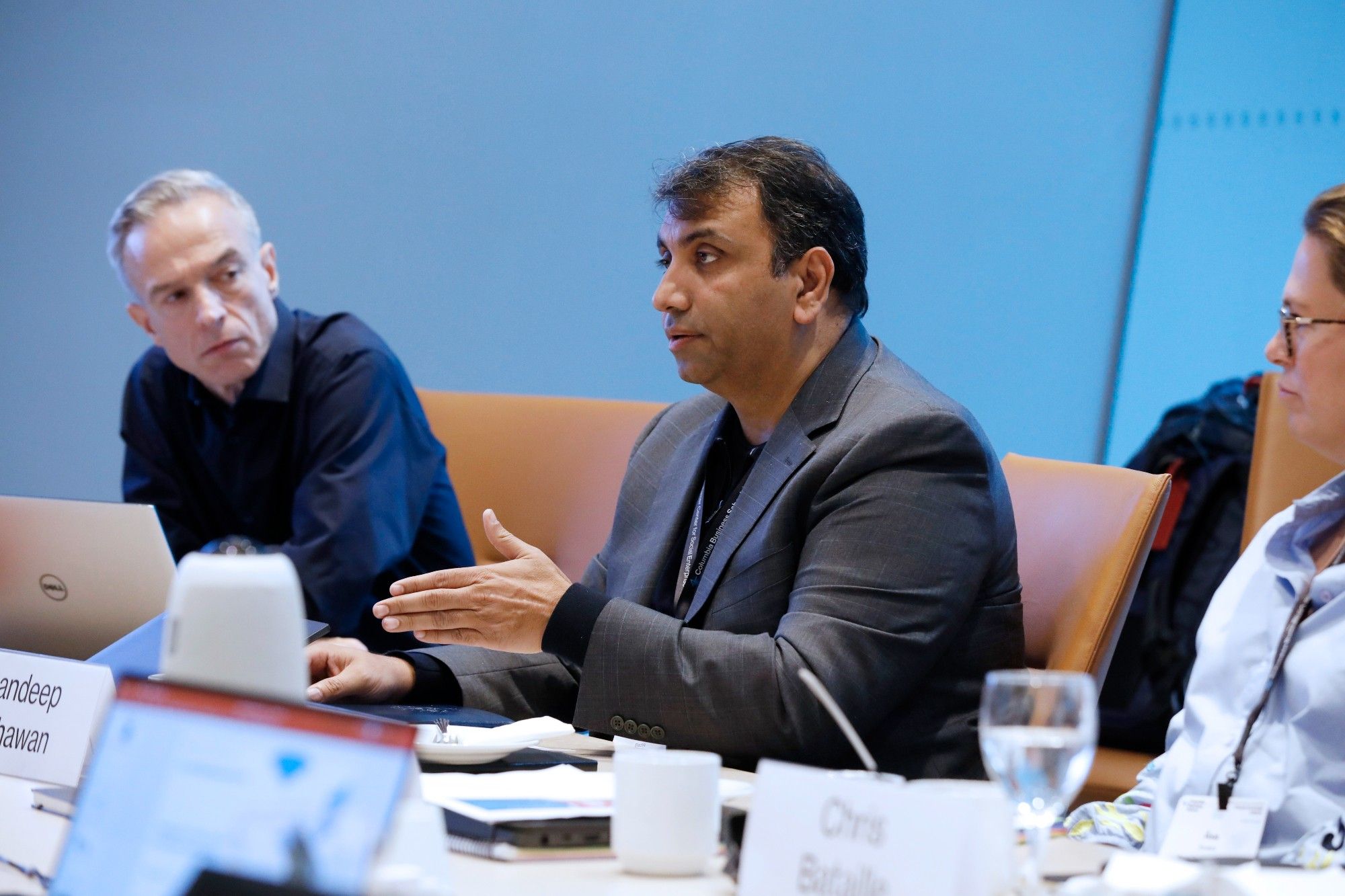
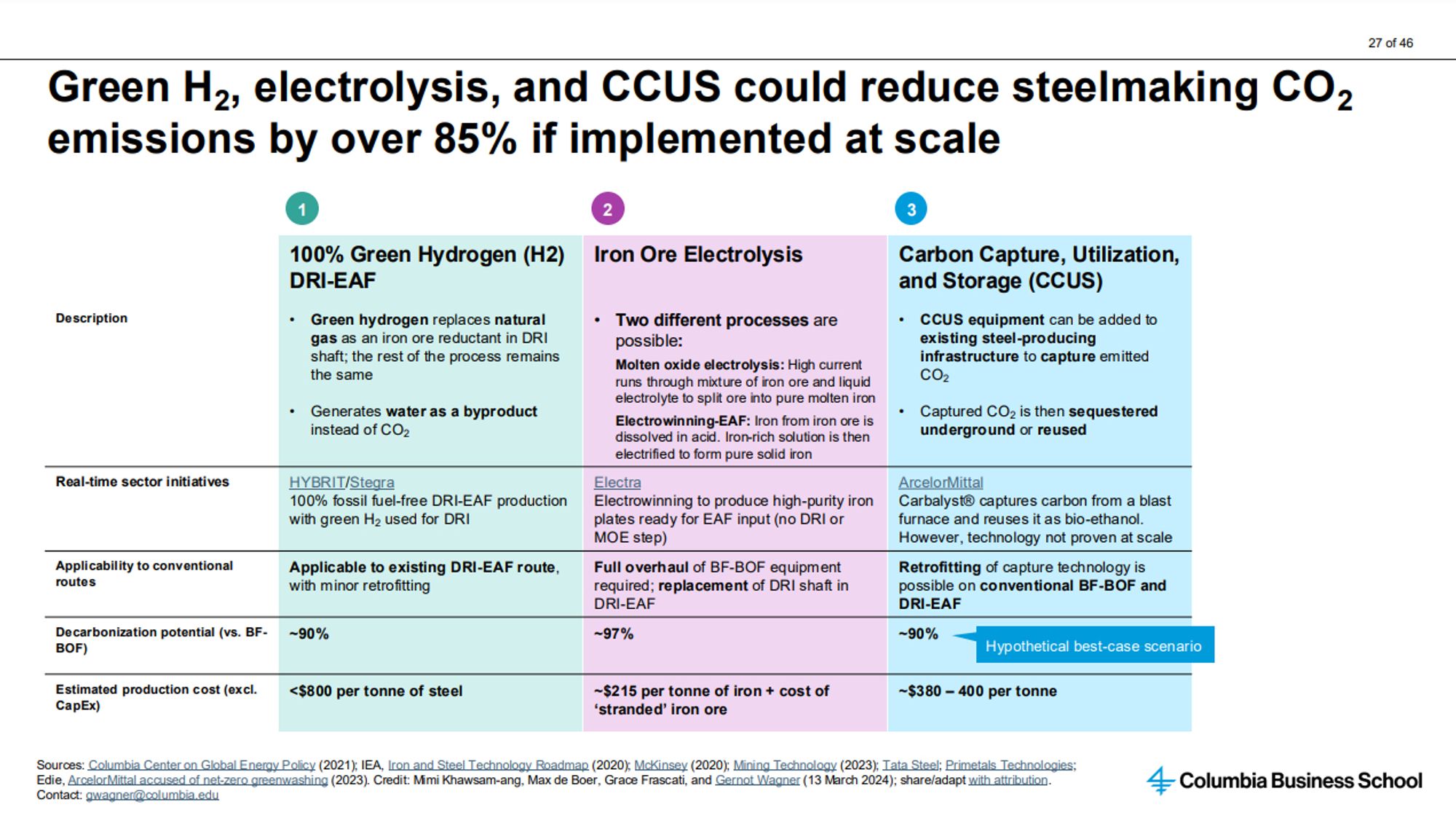
Nice, clear illustration of the priorities that undergird most arguments in favor of CCS, "gradual transitions", and "producing cleaner barrels domestically". These arguments aren't aimed at incremental, "practical" decarbonization - they're aimed at preserving fossil fuel production.
"Two meetings with ExxonMobil designated for the discussion of “carbon solutions” were used by both the company and then senior Department for Energy Security and Net Zero minister Graham Stuart to reaffirm the need for continued oil and gas production in the UK, meeting notes show"
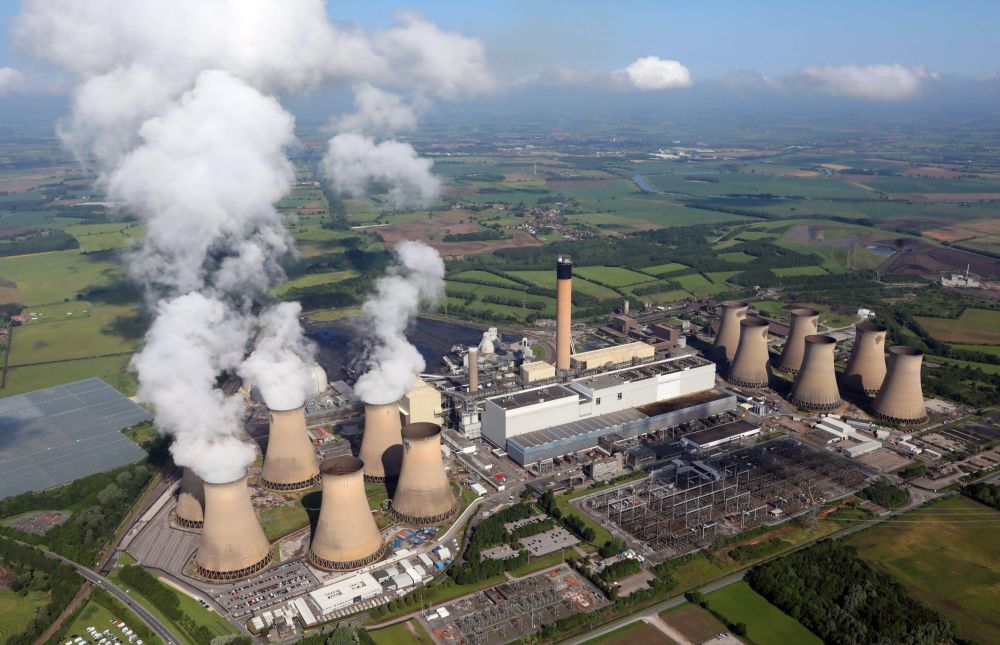
This story is the third part of a DeSmog series on carbon capture and was developed with the support of Journalismfund Europe and published in partnership with the Guardian. The UK government’s move t...
The regional dynamics of America's industrial policy are building support for decarbonization—but it still remains to be seen if they can build successful & durable manufacturing industries. If they do, they will forever reshape US economic geography
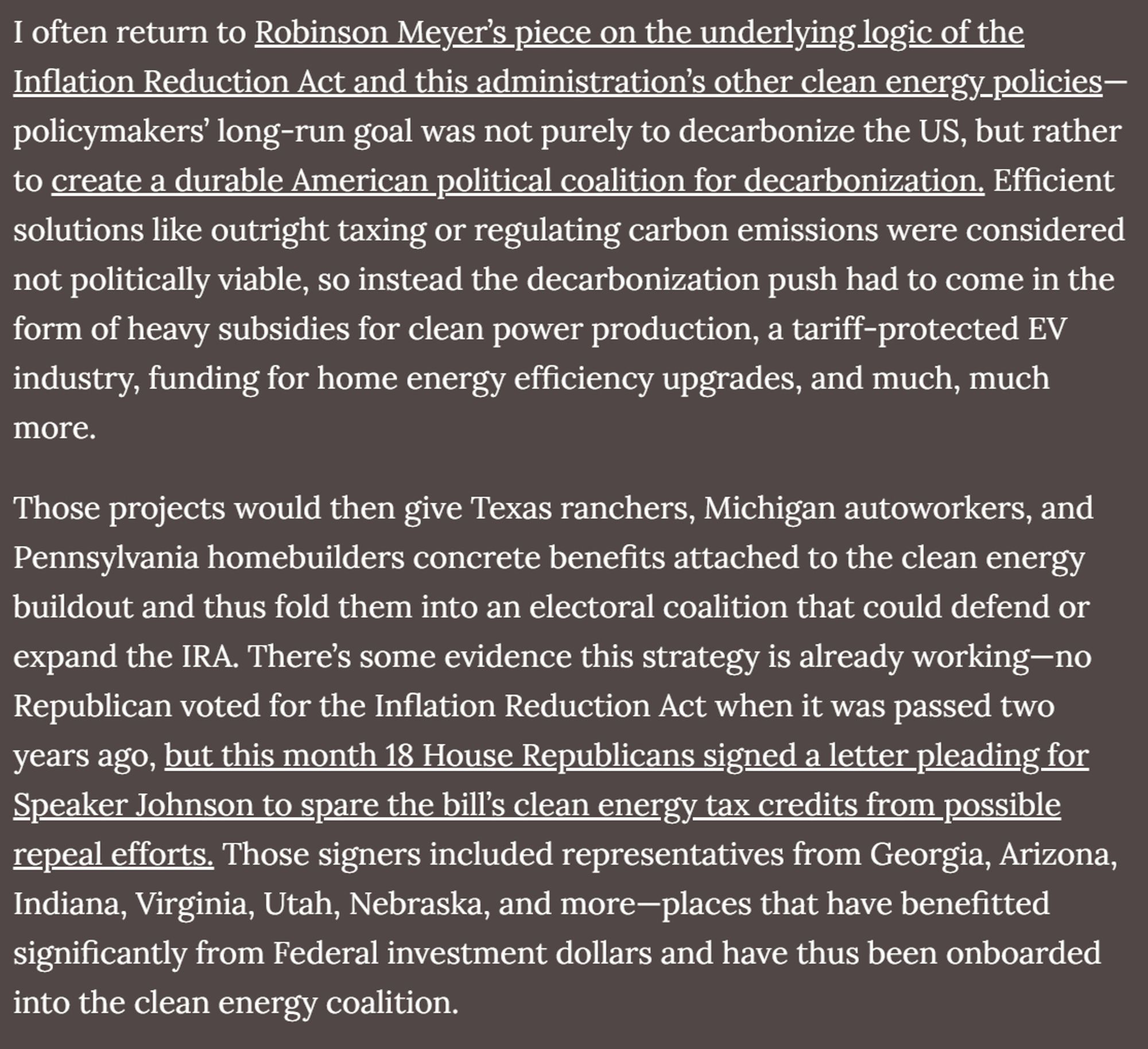
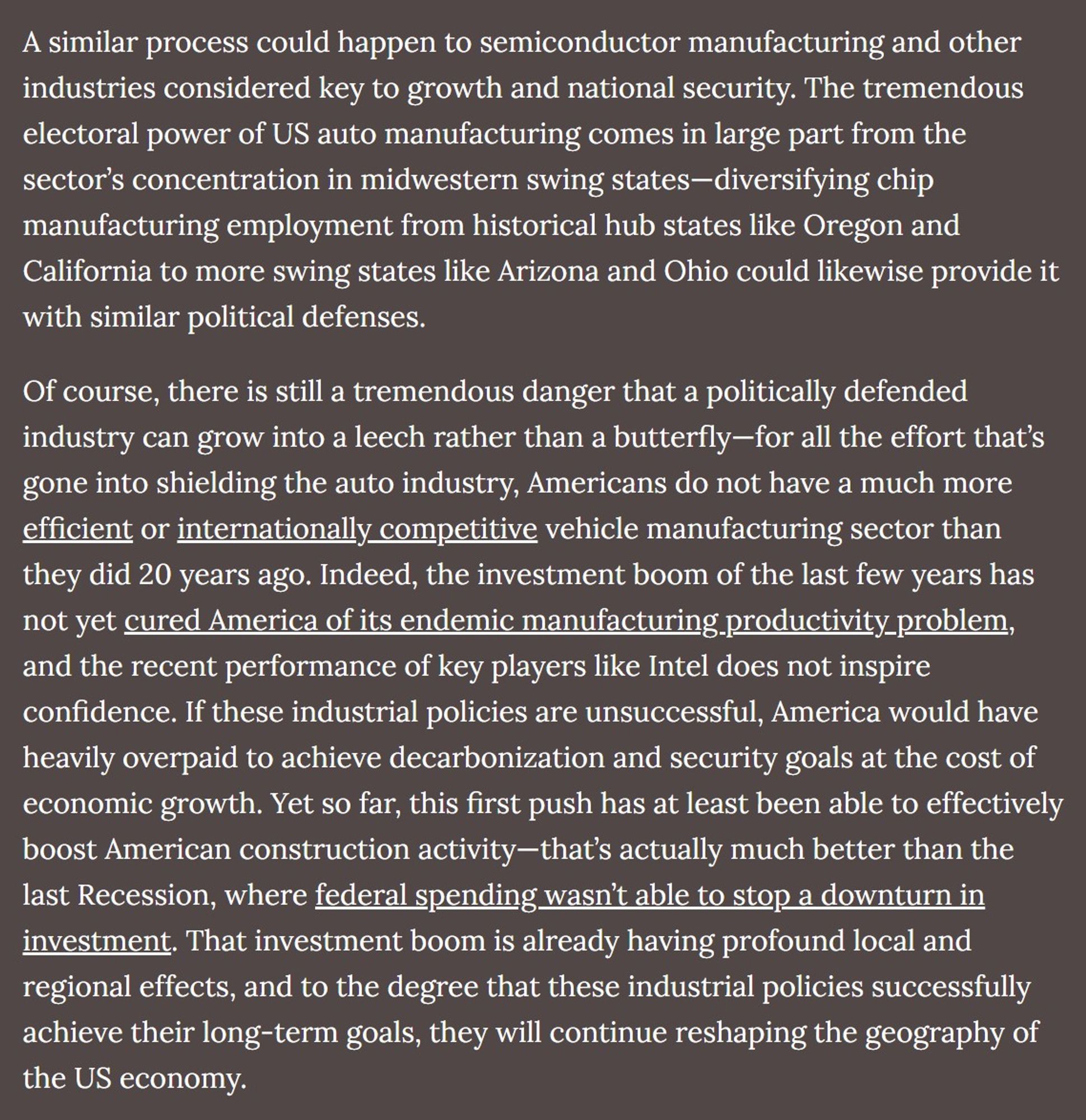
Overall, the private investment boom caused by the CHIPS Act & IRA has benefitted conservative areas more than liberal ones—an intentional effort by the bills' writers to build support for decarbonization & industrial policy by delivering concrete benefits to swing constituencies
